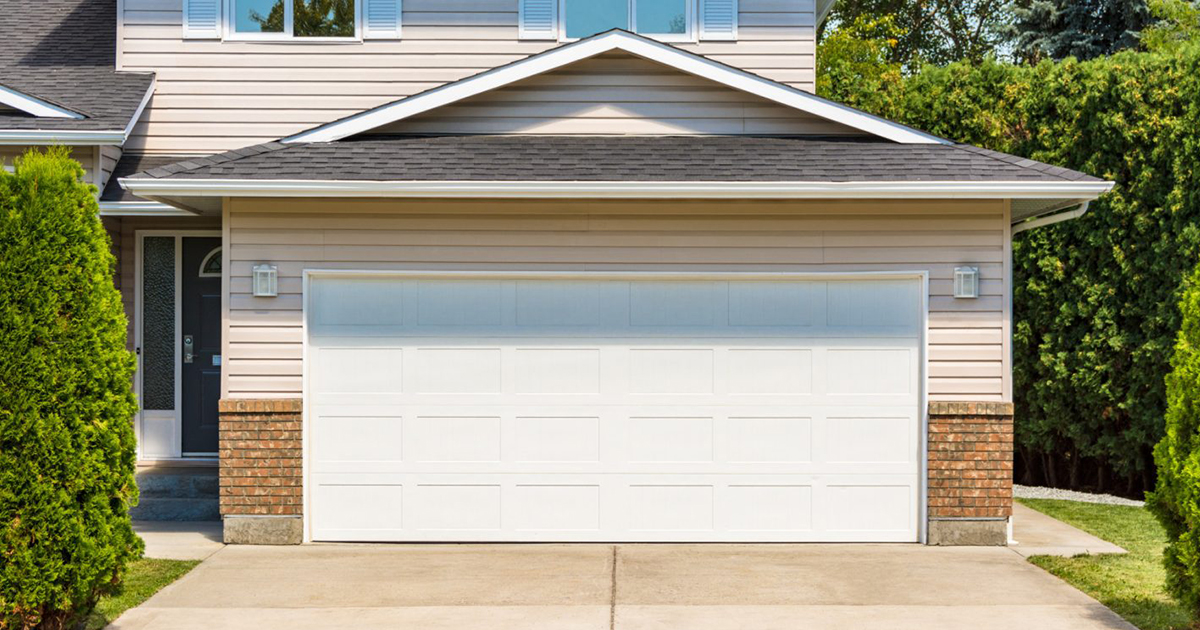 Your garage door is more than just a convenient entry point to your home; regular maintenance is necessary for this intricate system of moving parts. One often overlooked aspect of garage door care is proper lubrication. In this blog, we’ll delve into the science behind garage door lubrication and why it matters for the longevity and performance of your garage door.
Your garage door is more than just a convenient entry point to your home; regular maintenance is necessary for this intricate system of moving parts. One often overlooked aspect of garage door care is proper lubrication. In this blog, we’ll delve into the science behind garage door lubrication and why it matters for the longevity and performance of your garage door.
The Importance of Lubrication
Friction Reduction: The primary purpose of lubrication is to reduce friction between moving parts. Your garage door’s constant opening and closing can lead to wear and tear on hinges, rollers, and other components. Lubrication creates a protective layer that minimizes friction, preventing premature damage and extending the lifespan of these critical parts.
Noise Reduction: A well-lubricated garage door operates quietly. Proper lubrication can make a significant difference if you’ve ever cringed at the screeching or grinding sounds your garage door makes. The science behind this is simple – less friction equals less noise.
Smooth Operation: Lubrication ensures your garage door moves smoothly along its tracks. It contributes to the door’s overall performance and reduces stress on the garage door opener. Smooth operation is crucial for preventing malfunctions and ensuring the safety of your garage door system.
The Science Behind Lubrication
Understanding the science behind lubrication helps homeowners make informed choices when maintaining their garage doors. Here are the key elements:
Viscosity: Choosing the proper lubricant involves considering viscosity, which refers to the thickness or flow resistance. Different parts of your garage door system may require lubricants with varying viscosities. Hinges may need a thicker lubricant, while rollers may benefit from a lighter one.
Temperature Resistance: Garage doors are exposed to fluctuating temperatures throughout the year. A quality lubricant should withstand these temperature variations, ensuring consistent performance in both summer heat and winter cold.
Longevity: The longevity of the lubrication is another crucial factor. Some lubricants break down more quickly than others, necessitating more frequent reapplication. Choosing a high-quality, long-lasting lubricant will reduce the frequency of maintenance tasks.
Expert Tips for Garage Door Lubrication
Now that we understand the importance and science of garage door lubrication let’s explore some expert tips from Halton Garage Doors:
Regular Inspection: Conduct routine inspections of your garage door system to identify areas needing lubrication.
Clean Before Lubricating: Remove dirt and debris from the components before applying lubricant. It ensures that the lubricant can penetrate effectively.
Use the Right Lubricant: Choose a lubricant specifically designed for garage doors. Avoid using WD-40, as it may not provide long-lasting protection for garage door components.
Follow Manufacturer Recommendations: Refer to your garage door manufacturer’s recommendations for lubrication frequency and product suggestions.
Professional Maintenance: Consider professional garage door maintenance services to ensure a thorough inspection and lubrication by experts.
The science of garage door lubrication is a crucial factor in maintaining your garage door system’s optimal performance and longevity. By understanding the importance of lubrication, its science, and heeding professional advice, you can ensure your garage door runs smoothly and noiselessly for many years. Regular lubrication is a small investment that pays off in the form of a reliable and durable garage door.





Comments are closed.